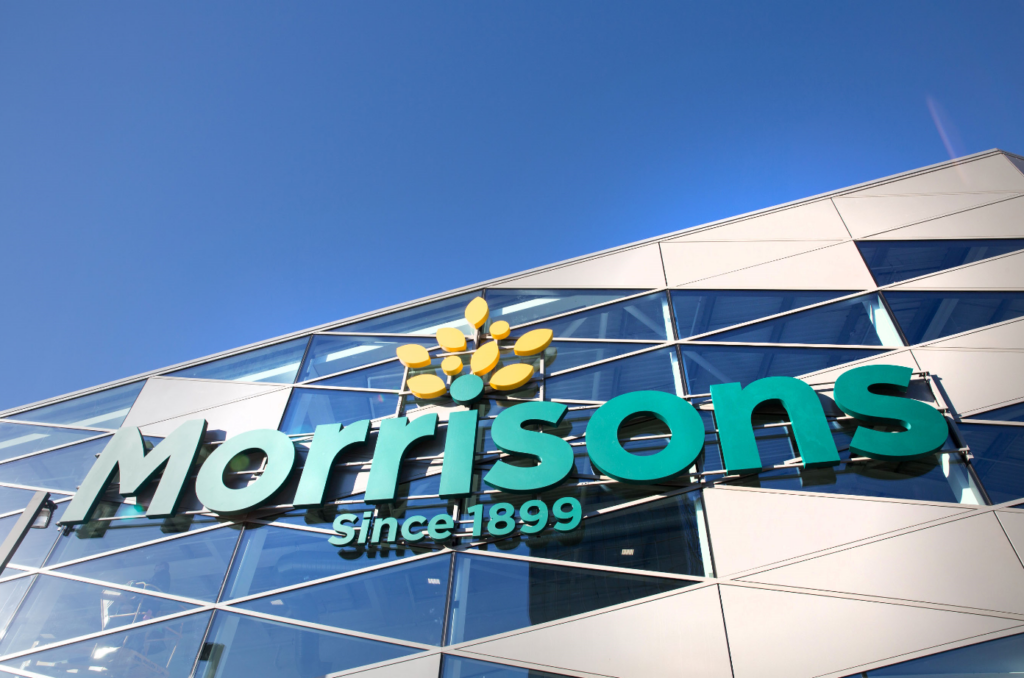Morrisons has pledged to be the first supermarket to be completely supplied by ‘net zero’ carbon British farms by 2030, five years ahead of the market.
The supermarket has announced its intentions that over the next nine years it will work with its 3,000 farmers and growers to produce affordable net zero carbon meat, poultry, fruit and vegetables.
Morrisons is anticipating that the first products to reach net zero carbon status will be eggs as early as 2022, followed by lamb, fruit, vegetables, pork and beef in the years to follow.
Beginning this month, the supermarket chain will start working with a selection of meat and produce farmers to create net zero carbon farm ‘models’, looking at the emissions picture through the whole lifecycle of farm produce – from germination to leaving the farmgate.
Once a workable blueprint has been established, the models will then be shared with all Morrisons farmers, so that all food can be produced in this net zero carbon way.
The planned farm models will look at reducing carbon via: rearing different animal breeds; using low food-mile feedstuffs; using renewable energy and low emission housing; and, cutting down fuel and fertiliser use. They will also look to offset carbon emissions via: planting grassland and clover; restoring peatland, improving soil health; planting trees; and, seeding hedgerows.
David Potts, chief executive of Morrisons, said: “Climate change is one of the biggest challenges for our generation and growing food is a key contributor to greenhouse gas emissions. As British farming’s biggest supermarket customer, we’re in a unique position to guide our farms and help lead changes in environmental practices. It’s years ahead of industry expectations – and an ambitious target – but it’s our duty to do it.”
Environment Secretary, George Eustice MP, said it was encouraging to see Morrisons commit to being supplied by net zero carbon British farms on such an ambitious timescale, whilst NFU President Minette Batters applauded the supermarket on its commitment.
UK agriculture currently accounts for 10 per cent of all UK greenhouse gas emissions, with new research revealing that two thirds of people consider the environmental impact of the food they eat. The National Farmers Union has asked farmers to work towards a 2040 net zero goal, and other supermarkets are working towards 2035.




